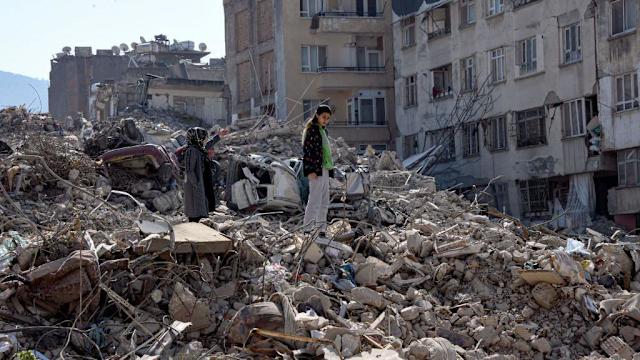Now Reading: Google Under Fire After Turkey Earthquake: Did the Alert System Fail When It Mattered Most?
-
01
Google Under Fire After Turkey Earthquake: Did the Alert System Fail When It Mattered Most?
Google Under Fire After Turkey Earthquake: Did the Alert System Fail When It Mattered Most?

After a powerful earthquake struck Turkey last week, a wave of criticism has been directed at Google over its emergency alert system. Many locals reported not receiving any warning from the tech giant’s Android Earthquake Alerts System, reigniting debate on the reliability of digital alerts during natural disasters. As survivors rebuild and investigate what went wrong, questions are being raised about the global dependability of tech-led emergency responses.
What Happened in Turkey
The earthquake, which hit southern Turkey, caused widespread panic and structural damage. While the exact scale of the disaster is still being assessed, early reports indicated that Google’s built-in alert system—meant to warn Android users seconds before a quake hits—was silent for most people.
Residents said they were caught off guard, with no prior vibration or pop-up message that typically accompanies seismic activity warnings.
Google’s Response
Google responded by acknowledging that no alert was sent and explained that this was due to technical reasons related to how the system is triggered. Their Android Earthquake Alerts System relies on motion sensors in smartphones to detect tremors and only activates once certain thresholds are crossed. In this case, those thresholds apparently weren’t met in time.
The company also stated that they are reviewing the event to improve future responsiveness, especially in densely populated areas where every second counts.
The Bigger Question: Can Technology Keep Up?
This incident has opened a larger conversation around the role of tech companies in public safety. Earthquake-prone regions, especially in developing nations, often rely on early warnings to minimize loss of life. If these systems fail or act inconsistently, the consequences can be severe.
For countries like India, which sit in seismically active zones, such failures raise concerns about our own digital readiness. Tier 2 cities and rural areas, in particular, may not have access to multiple warning mechanisms, making reliable tech alerts more crucial than ever.
India’s Earthquake Alert Preparedness
India has been experimenting with SMS-based and app-integrated alert systems, but adoption remains uneven. People in smaller cities like Dehradun, Guwahati, and Nagpur often depend solely on mobile devices for emergency information. If a system as advanced as Google’s can miss, it pushes Indian authorities to question their reliance on third-party platforms.
It also emphasizes the need for public awareness and backup alert infrastructure that isn’t solely dependent on internet-based services.
Conclusion
The Turkey earthquake has become more than just a natural disaster—it’s now a case study in digital accountability. As tech continues to shape disaster response across the globe, it’s critical for platforms like Google to ensure their systems are consistently reliable. For countries like India, this is a wake-up call to invest in layered, localized, and fail-safe alert mechanisms that don’t just rely on one big player to sound the alarm.
























